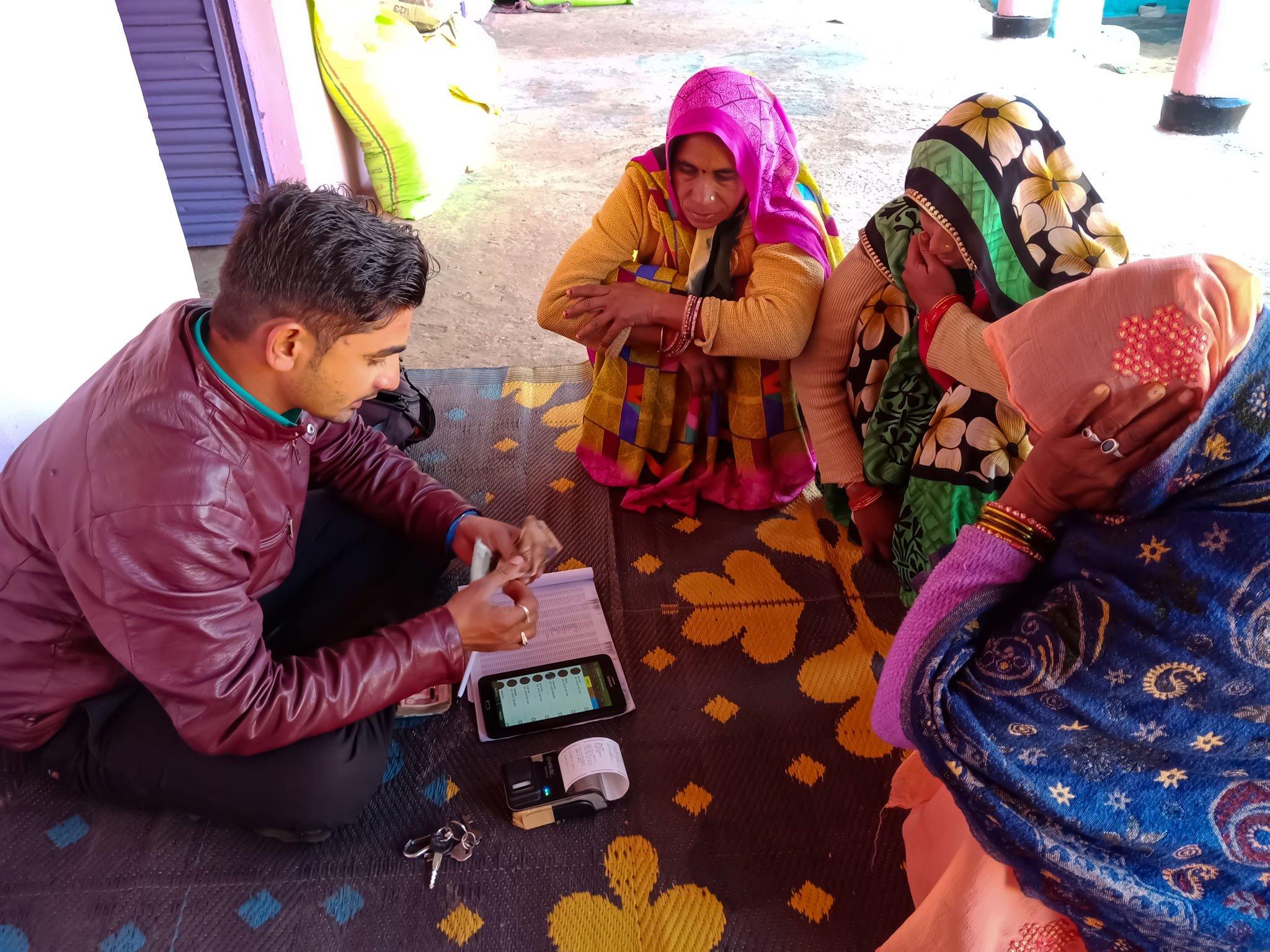In today’s complex financial landscape, financial literacy has become an essential tool for individuals and communities to navigate their financial lives effectively. Financial literacy empowers individuals to make informed decisions about their finances, manage their money wisely, and achieve their long-term financial goals.
The Significance of Financial Literacy in India
India, with its rapidly growing economy and expanding financial sector, presents a unique opportunity for financial literacy to make a significant impact. Financial literacy is crucial for India’s economic development and plays a vital role in empowering individuals to:
- Make informed financial decisions: Understanding financial concepts such as budgeting, saving, investing, and managing debt enables individuals to make informed choices about their finances, leading to better financial outcomes.
- Achieve financial stability: Financial literacy helps individuals plan for their future, manage their expenses, and build a secure financial foundation. This stability contributes to overall economic well-being.
- Protect themselves from financial scams: Financial awareness empowers individuals to recognize and avoid fraudulent schemes, protecting their hard-earned money from scams and exploitation.
- Contribute to financial inclusion: Financial literacy is a key enabler of financial inclusion, ensuring that individuals have access to and can effectively utilize financial services, such as banking, insurance, and digital payments.
Addressing the Financial Literacy Gap in India
Despite the growing recognition of financial literacy’s importance, India still faces significant challenges in promoting widespread financial literacy. According to the Reserve Bank of India’s 2019 Global Financial Literacy Survey, only 34% of Indians were financially literate. Factors contributing to this gap include:
- Low levels of education: Literacy rates and educational attainment have a direct impact on financial literacy levels.
- Limited access to financial education: Financial education programs and resources are often concentrated in urban areas, leaving rural and underserved communities at a disadvantage.
- Language and cultural barriers: Financial concepts and materials are often not tailored to the diverse linguistic and cultural contexts of India.

Initiatives to Enhance Financial Literacy in India
The Indian government, financial institutions, and non-profit organizations have undertaken various initiatives to address the financial literacy gap and promote financial inclusion across the country. These initiatives include:
- National Financial Literacy Mission: Launched by the Reserve Bank of India, the National Financial Literacy Mission aims to increase financial literacy among all sections of society.
- Financial Literacy Centers: Financial Literacy Centers (FLCCs) have been established across the country to provide financial education and counseling services.
- School-based Financial Education: Financial literacy programs are being integrated into school curricula to instill financial awareness from an early age.
- Financial Literacy Awareness Campaigns: Public awareness campaigns are being conducted to promote financial literacy through mass media, community outreach, and digital platforms.
The Way Forward for Financial Literacy in India
While significant strides have been made in promoting financial literacy in India, there is still a need for continued efforts to ensure that all individuals have access to the financial knowledge and skills they need to make informed decisions and achieve their financial goals. Key recommendations for enhancing financial literacy in India include:
- Tailoring financial education to diverse audiences: Financial education materials and programs should be developed in multiple languages and adapted to the specific needs and cultural contexts of different communities.
- Harnessing technology for financial literacy: Leveraging digital platforms, mobile applications, and interactive tools can make financial education more accessible and engaging.
- Collaboration among stakeholders: A collaborative approach among government agencies, financial institutions, non-profit organizations, and community leaders can amplify the impact of financial literacy initiatives.
- Long-term commitment to financial literacy: Financial literacy should be integrated into ongoing education and training programs, ensuring continuous learning and financial awareness throughout life.
Financial literacy is an investment in the future of India’s citizens. By empowering individuals with financial knowledge and skills, we can foster a financially inclusive society where everyone has the opportunity to achieve financial stability and prosperity.

